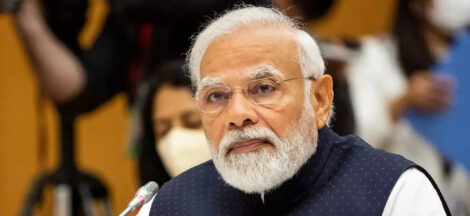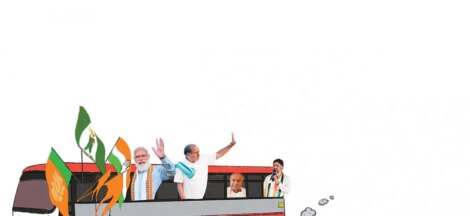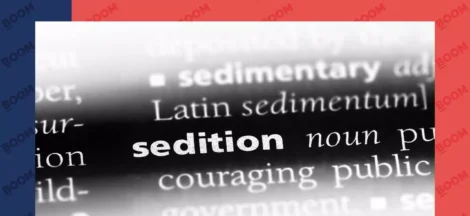By Chris Williamson
Brazil heads to the polls on October 28 for the second round of what has perhaps been the most volatile and unpredictable election campaign since the country’s military dictatorship ended in 1989. The run-off is between the far-right Jair Bolsonaro and Fernando Haddad who is the left-wing Workers’ Party (PT) candidate. Bolsonaro had a commanding lead of more than 16 per cent over Haddad in the first round.
The context to this election is that in the last two years, Latin America’s most populous nation has undergone political upheaval. It started with the coup that removed PT president Dilma Rousseff. Having failed to get rid of Rousseff (or her predecessor Lula da Silva) via the ballot box, the Brazilian conservative elite removed her through a “parliamentary coup” instead. Just 62 senators overturned the votes of 54 million people, and the government has subsequently taken a hard rightward turn with social programmes being scrapped, workers’ rights rolled back, environmental protections removed and national assets privatised.
With the elected president out of the picture, the new administration, led by Michel Temer, wasted no time in dismantling the progressive gains that were secured by a decade of PT governance. These gains, under Rousseff and Lula, included lifting over 50 million people out of poverty. The senators used trumped-up allegations about corruption as a device for Rousseff’s impeachment. The reality was their manoeuvre was nothing to do with tackling corruption, as the Brazilian right-wing media had claimed, and everything to do with subverting democracy. They wanted to implement hard-line austerity policies that had been rejected at the ballot box.
But with Temer ineligible to stand, and Rousseff out of the picture, the presidential contest appeared open until former president Lula emerged as a potential candidate. He is still hugely popular from his time in office and was fronting up national tours campaigning against the coup government and its austerity. But it wasn’t long before he also faced absurd allegations of corruption just as Rousseff had done. The right-wing media, big business and other parts of the elite hadn’t gone to all the trouble of stitching up Rousseff to have a radical like Lula elected president again. Consequently, in December 2017, he was charged and sentenced to 12 years in prison.
The process to which he was subjected has been labelled by many international politicians, activists and legal professionals as a travesty of justice and a blatant attempt to stop his candidacy. The allegation was that he received a bribe, in the form of an apartment, from OAS, one of Brazil’s largest engineering and infrastructure companies. But there is no evidence that Lula has ever owned the apartment.
Shockingly, the entire case relies on the sole plea bargain of a convicted OAS executive, meaning that Lula has been officially accused and found guilty of carrying out “undetermined acts” of corruption. Even from jail, Lula continued to head every opinion poll and thousands of Brazilians campaigned in his name. When the UN Human Rights Committee declared that Lula had a right to contest the election hopes were raised that the sinister farce might come to an end.
Unfortunately, in an unprecedented move, Brazil’s Supreme Electoral Court voted to ignore the ruling of the UN committee and bar Lula from the election. They had finally removed the most popular candidate from the ballot, who would have been the favourite to win if he had been allowed to stand. Former mayor of Sao Paulo Fernando Haddad was then selected as the left’s candidate prior to the first round of the elections earlier this month. Although much of the Brazilian left united around him, he still came second to Jair Bolsonaro – the far-right politician.
Bolsonaro has made headlines for his open homophobia, misogyny, racism and support for military dictatorships in Latin America. The rightwinger has received encouragement from Mike Pence and others in the Trump administration. He is no doubt seen as an ally of the Trump White House in its fight for “regime change” in Latin American countries with left-wing governments who don’t kow-tow to Washington’s orders.
The rise of the far-right in Brazil paints a picture that is becoming increasingly familiar internationally. It follows a pattern where people lose faith in their institutions, following the failure of austerity policies. In these circumstances people often turn to hard-line figures on the right who position themselves as political “outsiders,” but in reality represent the interests of the economic elite in stopping real, progressive change.
Just as millions of Brazilians have resisted the coup and austerity in recent years, millions and millions are now resisting the rise of the far-right. Brazil’s political parties on the left, trade unions, the MST (landless movement), other social movements, BAME groups, women’s and peace campaigners have been engaged in a massive struggle against the rise of the far-right.
Whatever the result of this Sunday’s vote, these struggles will continue, and we must offer our solidarity to all those fighting the far-right. They are standing up for equality, democratic rights, social progress and an end to disastrous austerity in Brazil, as well as the continuation of the campaign for Lula’s freedom.
These progressive forces are facing increasing violence, bigotry and hate from extreme right forces, and need our support. The stakes couldn’t be higher, which is why international solidarity is so important, and why the Brazil Solidarity Initiative is being been launched today, so please give it your support. (IPA Service)
Courtesy: Morning Star
The post Stakes Are High In Brazil Elections On October 28 appeared first on Newspack by India Press Agency.


